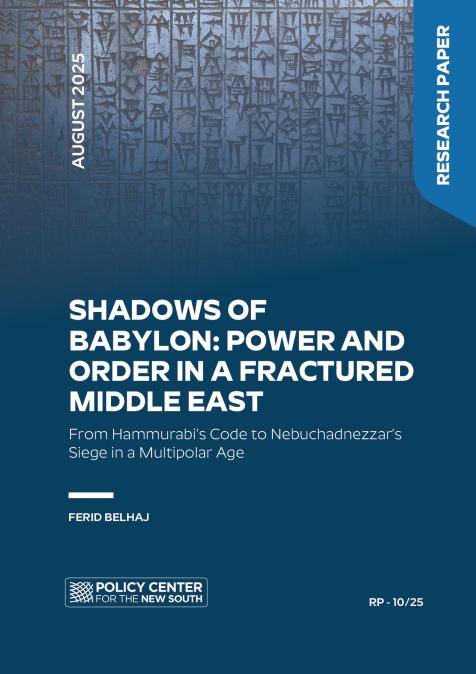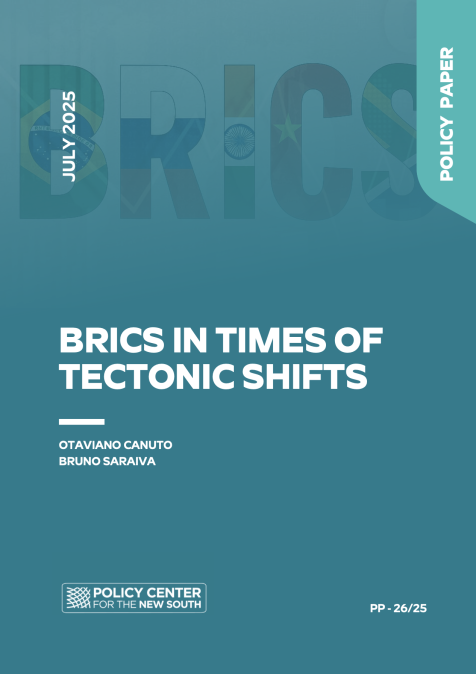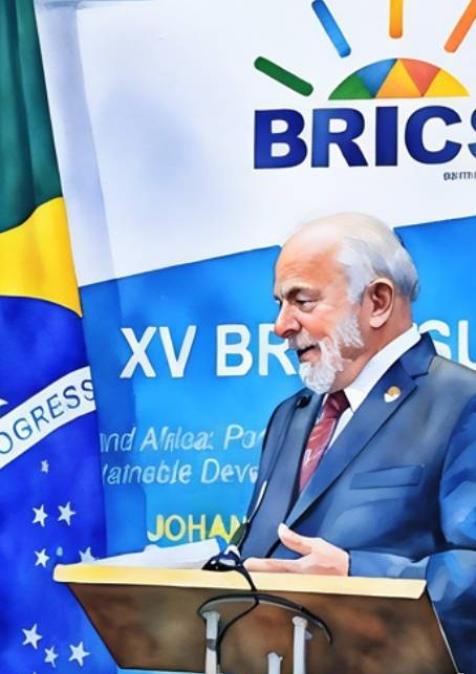يخصص برنامج "حديث الثلاثاء" حلقة هذا الأسبوع لمناقشة موضوع التحديات العالمية الكبرى التي تواجهها البنوك المركزية. إذ تقف هذه المؤسسات المالية عند مفترق طرق حيث تواجه عدة عقبات في السنوات الأخيرة، منها التضخم وارتفاع معدل الفائدة والآثار المالية الراجعة إلى تغير المناخ وكدى تأثير عدم المساواة على فعالية السياسة النقدية، فضلاً عن الابتكار المالي والرقمي.
ونظرًا للدور الحيوي الذي تلعبه البنوك المركزية داخل المجتمعات، فإن القرارات التي تتخذها اليوم ستنعكس على الظروف الاقتصادية خلال السنوات القادمة، مما يطرح عدة تساؤلات: ما الدور الذي تلعبه البنوك المركزية في التصدي لهذه الأزمات، وهل يجب إعادة النظر في صلاحيات البنوك المركزية؟ تساؤلات نناقشها رفقة ضيفنا السيد سيدي محمد الذاكرأستاذ جامعي بجامعة نواكشوط ومديرعام بمعهد الدراسات الاقتصادية التابع للبنك المركزي الموريتاني












